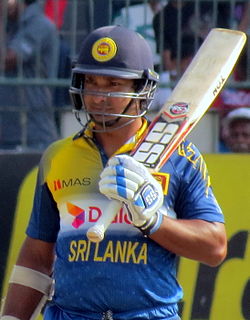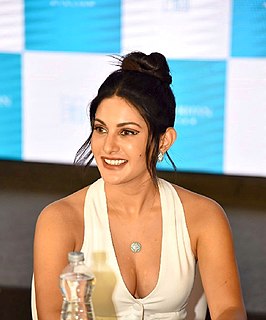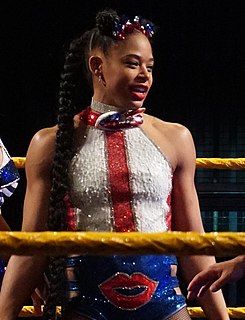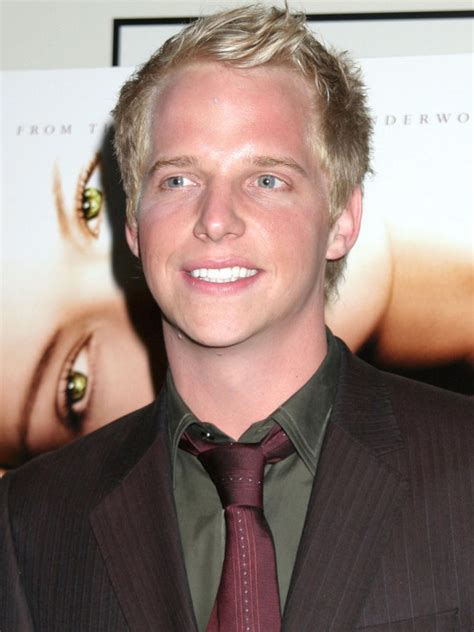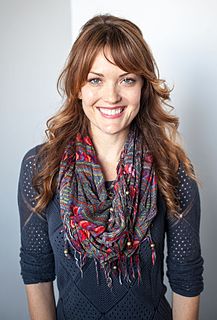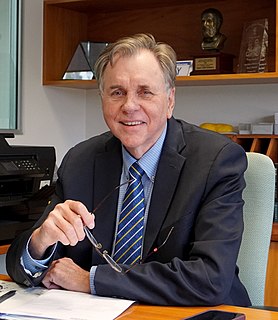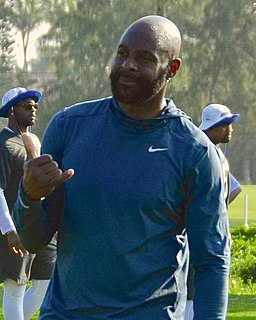A Quote by Abraham Verghese
Certainly when I got to medical school, I had role models of the kind of physicians I wanted to be. I had an uncle who, looking back, was probably not the most-educated physician around but he carried it off so well.
Related Quotes
I got into medical school at the University of California in San Francisco and did well. A lot of smart kids in medical school, and believe me, I wasn't not nearly the smartest one, but I was the most focused and the happiest kid in medical school. In 1979, I graduated as the valedictorian and was honored with the Gold Cane Award.
There's actually a time when I got cast in something and it was announced that someone else was cast. I hadn't been told yet if I had the role and I had a breakdown because I really wanted it and it was announced on this website that this other girl had gotten it. I was so sad and called my agents and said, "You guys didn't tell me this other person got the role!" They were like, "No, they haven't decided yet." Then two hours later I got the call that said I had the role.
Far too many doctors-many of them excellent physicians-commit suicide each year; one recent study concluded that, until quite recently, the United States lost annually the equivalent of a medium-sized medical school class from suicide alone. Most physician suicides are due to depression or manic-depressive illness, both of which are eminently treatable. Physicians, unfortunately, not only suffer from a higher rate of mood disorders than the general population, they also have a greater access to very effective means of suicide.
Losing so many patients certainly was difficult, but it didn't make me feel like a failure as a physician, because I had learned that there was so much more to being a physician than curing illness. That's not the most important thing we do. The most important thing we do is enter into the suffering of others.
After I got disciplined I got introduced to football and then after that everything just took off for me. I had a lot of role models: the teachers, the coaches. Watching them give so much to so many students so they can be successful in life basically just ingrained in me that I think it's more gratifying for me to give back and than just to receive.
I had never intended to be on the show more than three years, regardless of how successful it was. I had other things I wanted to do. And I was offered a role in 'Red Sky at Morning', [1970]. I got that part because [producer] Hal Wallis had seen the HERE'S LUCY show with Ann-Margaret. It was a thrill for me, getting to do the drama and comedy. It was such a good role. So I missed several episodes of the show to shoot the movie. And I never came back but one.

